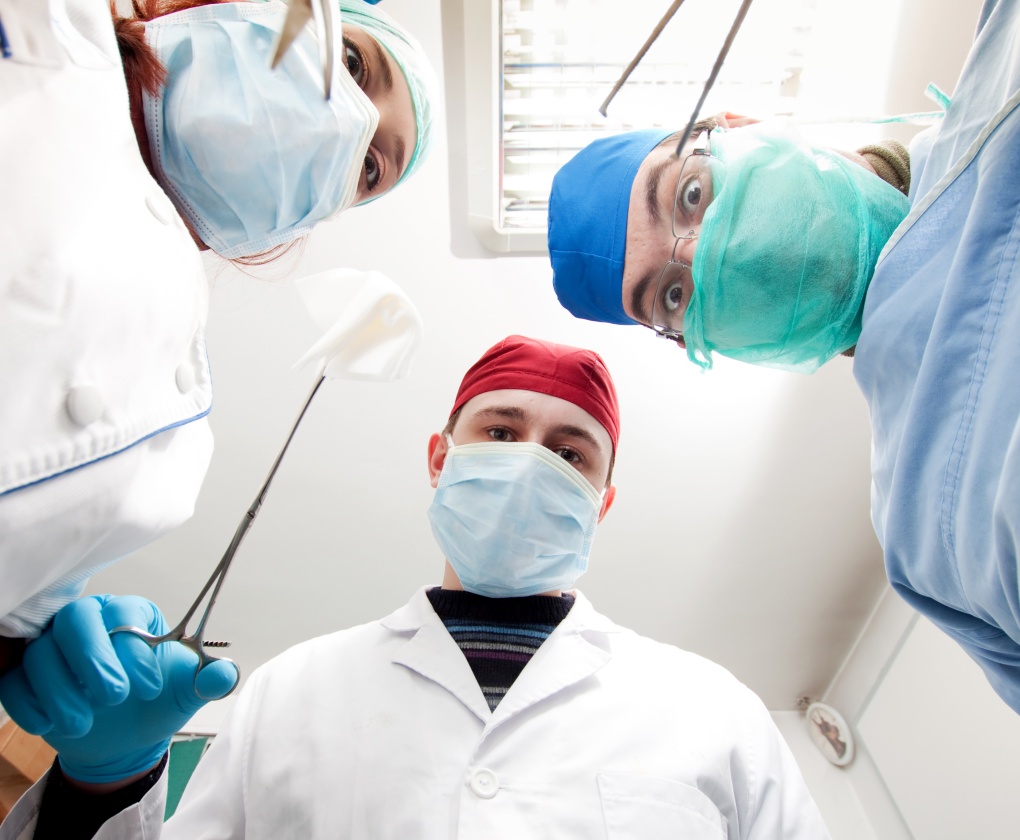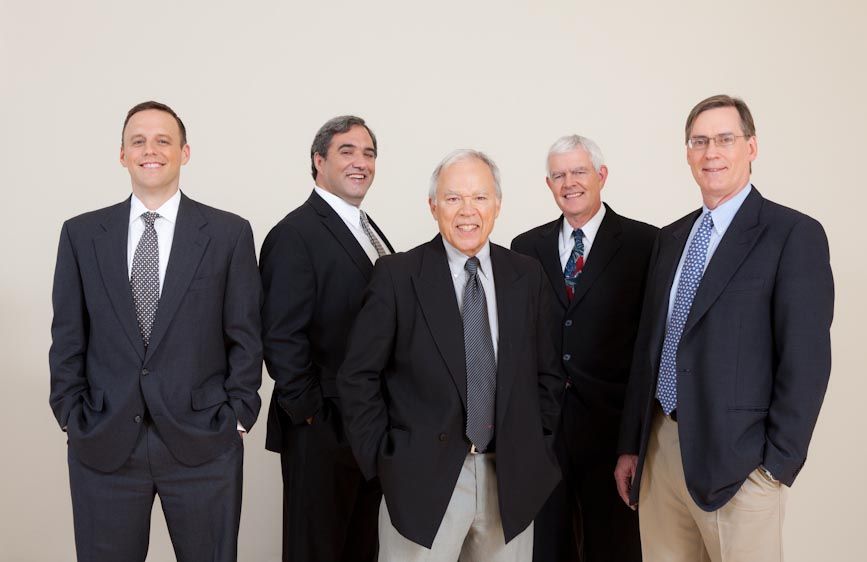I remember back in early 1996 arriving home from work and telling the future ex Mrs Langford that was going to be very busy “for the next two to three months”. There was a project going on that I decided I was going to get involved in (outside of my normal IT Manager day job) and that it was going to be good for my career. In modern parlance, I had decided to “lean in”.
Those busy two to three months ended for me on the 10th September 2017. I had pushed myself professionally as hard as I could, burnt the candle at both ends, worked long hours, was only off work sick when I euphemistically “called in dead”, accrued millions of air miles, and was ostensibly successful in my career. Without wishing to dwell here on the events of that fateful night/morning in September 2017, I had reached the end of the line; all of that work and effort had ultimately netted my severe anxiety and stress, diabetes, alcoholism, and a desire to make it all stop very violently.
All of which brings us neatly to right now. I am currently off work sick. I’m very likely to head back tomorrow 9even though I am not 100%, but boredom is a keen medicine sometimes), but I have had the best part of five working days of, plus a weekend in between. I had been feeling under the weather for about a week or so beforehand, but at about midday on my first day off I decided to just switch off my computer and go to bed, and there I more or less stayed for the best part of a week. I had tested positive for COVID, but a few days later that was now negative and I still felt like a bag of rusty spanners had taken residence in my lungs, and my energy levels were depleting like a Death Star tractor beam. Looks like I worked through a second bout of COVID and then got taken down by another virus; but those are details for me and my GP and work HR I guess.
But “SO WHAT?!” I hear you cry? Well, throughout these last few days of being off I made a conscious effort to disconnect from work as much as possible and focus on my recovery. I learnt my lesson those few years back, and realised I needed to get myself back to fitness, despite the many pressing deadlines and meetings I was missing, and the importance of the work I was doing. I focussed on myself and my health as I knew I don’t want to go back too early and jeopardise not only my health but my work performance.
And you know what? Despite everything I had experience before and told myself, I still felt guilty about taking the time out.
This shouldn’t come as a surprise to anybody, anywhere though, not least the information security industry. A few weeks ago, my good friend and all round good chap Sarb Sembhi, who along with Peter Olivier and Paul Simms authored a paper on Mental Health in Cyber Security, and of which I was asked to peer review. I will leave you to read the paper yourself, but the figures in there are both unsurprising as well as making for uncomfortable reading regarding anxiety, depression, anger, alcoholism etc..
I was asked by a client over dinner recently “what keeps you up at night?”. Obviously they were fishing for gossip/insight into the state of our joint business, but I told them that basically nothing does because after my life changing experience back in 2017, I refuse to get stressed or anxious over work matters because it simply isn’t worth it, especially as I am not CISO for something that may save/take lives. And yet here I am feeling guilty about taking maybe another day off sick, and deciding to go back even though I am still not breathing right and feeling fatigued. Surely I should know better?!
To be clear, we are (normally) compensated well and a have privileged positions at work to get the job done properly; we have responsibilities to our colleagues and to the clients and markets we support to do the right job and put the effort in, and frankly most of us even enjoy our jobs. But I can absolutely guarantee you that none of that is worth anxiety, depression, anger, diabetes, alcoholism and suicidal tendencies if that pressure to perform is maintained indefinitely.
Taking care of business ultimately means taking care of yourself first.
I am going to be at InfoSecurity Europe in a few weeks time on stage with the Sarb and Peter, authors of the above mentioned Mental Health in Cyber Security paper.
Links to other interesting stuff on the web (affiliate links)
What Exactly is the Cyber Scheme?





